- IDP China>
- 课程库>
- 工程与技术>
- 工程>
- 生物医学工程>
- Master of Business and Science in Engineering - Biomedical Engineering
Master of Business and Science in Engineering - Biomedical Engineering

学历文凭
Masters Degree

专业院系

开学时间

课程时长

课程学费

国际学生入学条件
A bachelors degree with a science/math/engr major from an accredited university, and a GPA of 3.0 or higher. Official Transcripts, A TOEFL (Test of English as a Foreign Language) or IELTS (International English Language Testing System) test score is required if your undergraduate education was completed in a non-English speaking country.:
The minimum paper-based TOEFL score is 550. The minimum computer-based TOEFL score is 213.
The minimum IBT-internet based TOEFL is Writing 22, Speaking 23, Reading 21, Listening 17.
An acceptable IELTS score is bandwidth 7
GRE exam (may be waived based on academic background, adequate grade point average, and 5 years related work experience) Click here to determine your eligibility. If you meet any of the criteria listed, please contact us
We use three factors in determining admission: GRE, GPA(undergrad), and Work Experience. While work experience is not mandatory for admission (except for the engineering management concentration), we do take it under consideration.
2 letters of recommendation
Personal statement.
Resume
Test scores, such as GRE, GMAT, or LSAT, as required by your intended program.
Letters of recommendation, resume, and a personal statement describing educational and professional goals.
Required prerequisite courses as evidenced in your official college transcripts.
IDP—雅思考试联合主办方

雅思考试总分
7.0
- 雅思总分:7
- 托福网考总分:83
- 托福笔试总分:550
- 其他语言考试:NA
CRICOS代码:
申请截止日期: 请与IDP联系 以获取详细信息。
课程简介
相关申请
 预科
预科 奖学金
奖学金 实习机会
实习机会 在校学习
在校学习 跨境学习
跨境学习 校园授课-线上开始
校园授课-线上开始 在线/远程学习
在线/远程学习
关于罗格斯大学肯顿分校

世界大学排名中心2014年将罗格斯大学(Rutgers University)评为世界最佳大学的第33名。此次排名共涉及59个国家的1000所大学。罗格斯大学(Rutgers University)在上榜的229所美国大学中排名第24位。世界大学排名中心依据8项指标评选:教育质量、校友就业、教师素质、发表量、影响力、引证量、影响范围、专利量。美国罗格斯大学(Rutgers University)校友就业排名33,教师素质排名31,影响力排名47,引证量排名38。罗格斯大学(新伯朗士威校区)是该校最大的校区,其本科生院,研究生院及单科学院共计18所。该校建立于1766年,是北美八大历史悠久高校之一。罗格斯 大学是一所研究型大学,设有100多项课程,包括文科、理科、应用科学、工程及人文类课程,并由美国中部高等教育委员会授权认可。此外,该校区占有地理优势,从新泽西州的新伯朗士威到达纽约或是费城都只需1小时路程。罗格斯大学(Rutgers University)是最具声望的美国大学协会中62所院校之一,被卡耐基基金会评为研究性密集大学,该校鼓励本科生进行学术研究。Aresty研究中心依据学生和教师的兴趣,将他们结合成研究小组,并在学生的研究过程中,进行指导与资助。每年,学校都会举办本科生研究成果讨论会,为学生们提供展示自己研究成果的机会。罗格斯大学(Rutgers University)的学生分别来自美国50个州和115个国家,师生比例为1:14。近年来,到美国学习的国际学生增长迅速。中国、印度和韩国是最大的生源国。罗格斯大学的留学生群体将近4000人,其中2014年的本科生增长为30%。在新泽西州,罗格斯大学拥有最大的国际学生群体(3797名),领先于新泽西理工学院(2483名)和普林斯顿大学(1756名)。
本校相关课程

Master of Social Work
学历文凭
Masters Degree
开学日期
课程费用总额

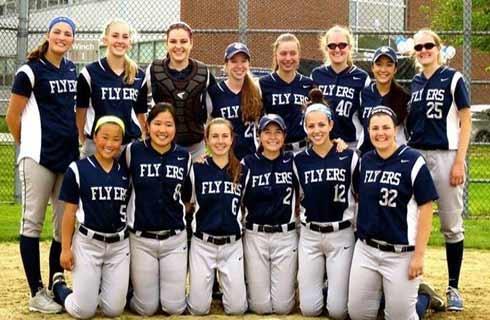
公共事务/社区发展哲学博士
学历文凭
Ph.D.
开学日期
课程费用总额

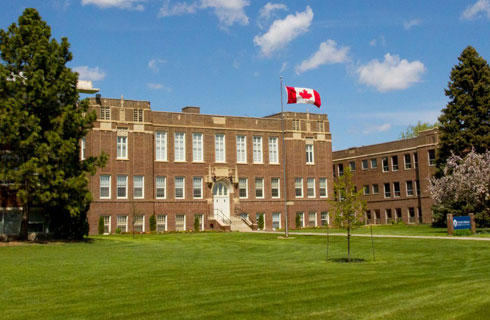
公共管理硕士
学历文凭
Professional Masters Degree
开学日期
课程费用总额


心理学文学硕士
学历文凭
Masters Degree
开学日期
课程费用总额


数学科学理学硕士-数学科学教学
学历文凭
Masters Degree
开学日期
课程费用总额

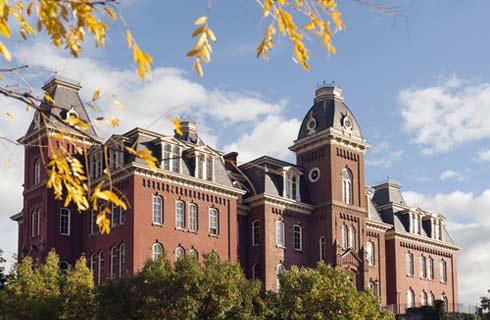
数学科学理学硕士-纯粹数学
学历文凭
Masters Degree
开学日期
课程费用总额

其他相关课程

生物医学工程应用科学硕士
 达尔豪斯大学
达尔豪斯大学学历文凭
Masters Degree
开学日期
课程费用总额

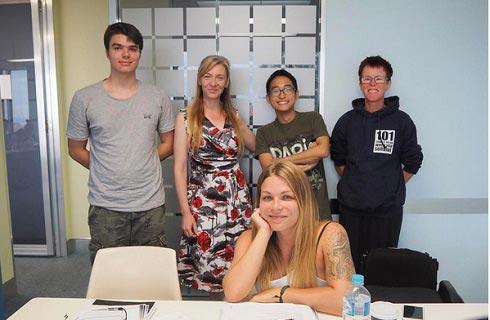
生物医学工程技术文凭
 北阿尔伯塔理工学院
北阿尔伯塔理工学院学历文凭
Bachelor Degree
开学日期
课程费用总额

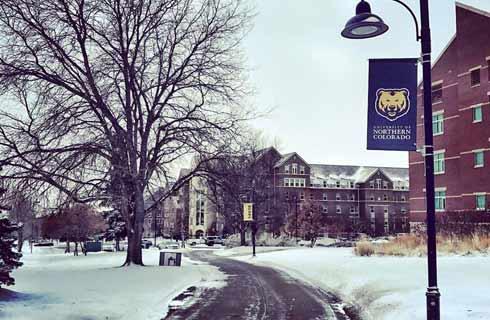
生物医学工程学士学位
 多伦多都会大学
多伦多都会大学学历文凭
Bachelor Degree with Honours
开学日期
课程费用总额


生物医学工程应用科学硕士
 渥太华大学
渥太华大学泰晤士高等教育世界大学排名:188
学历文凭
Masters Degree
开学日期
课程费用总额

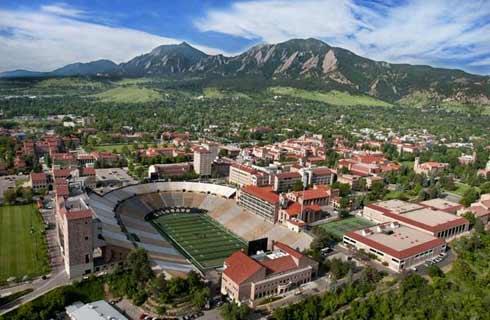
工程科学应用科学学士-生物医学工程(荣誉学位)
 西蒙菲莎大学
西蒙菲莎大学学历文凭
Bachelor Degree with Honours
开学日期
课程费用总额


生物医学工程学硕士
 卡尔加里大学
卡尔加里大学学历文凭
Masters Degree
开学日期
课程费用总额









 美国
美国